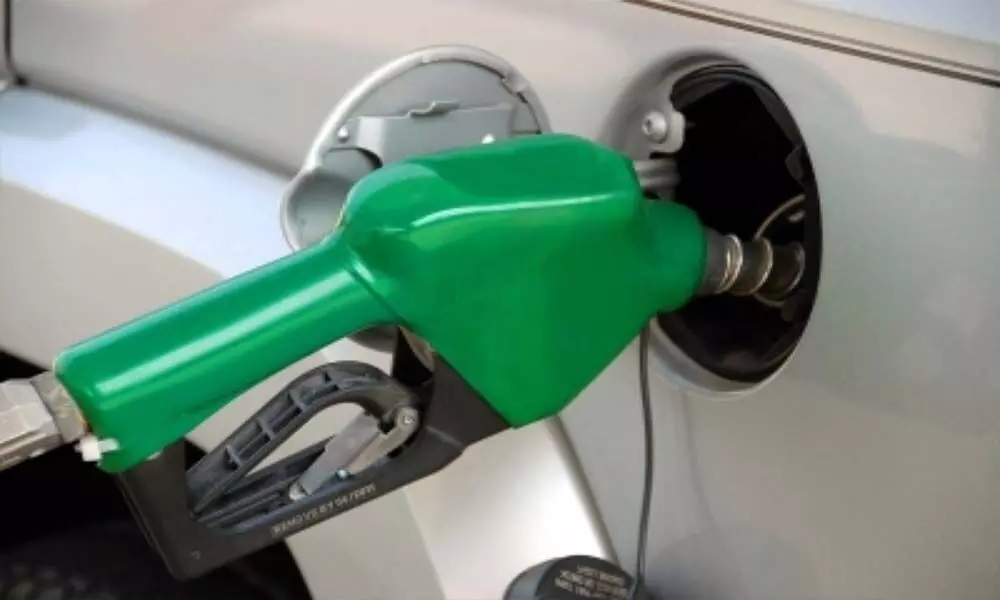Higher petroleum taxes to rescue revenue-hit govt
The petroleum sector will once again provide big support to the revenue starved government that is looking for another dose of a fiscal stimulus package to revive the economy hit by Covid-19 disruptions.
image for illustrative purpose

The petroleum sector will once again provide big support to the revenue starved government that is looking for another dose of a fiscal stimulus package to revive the economy hit by Covid-19 disruptions.
The sector met a large part of actual fund infusion required to support the biggest ever Rs 20 lakh crore economic package announcement by Prime Minister Narendra Modi in May, 2020 to revive the economy hit hard by the Covid-19 pandemic. A Rs 6.29 lakh crore stimulus has already been announced by the government again in 2021 and more is likely to come in the coming days. Sources said that taxes on petroleum products would again come to the government's aid this year and if need be, the Centre could raise the excise duty on petroleum and diesel further to the ceiling cap decided last year to raise additional revenue for Covid relief.
This, however, would hit fuel consumers badly. Consumers are already seeing petrol and diesel prices going through the roof in most parts of 2021 reaching historic high levels of over Rs 100 a litre across the country.
In FY21, the Centre's earnings through excise duty on petroleum products stood at Rs 3,71,725.77 crore, almost double the levels of previous fiscal (FY20) at Rs 2,23,057.33 crore. What increased the revenue from petroleum was increasing the excise duty on petrol and diesel by an unprecedented level of Rs 10 and Rs 13 per litre respectively on May 5, 2020. So, even if the excise duty is maintained at last year's levels, the Centre could well cross the Rs 4 lakh crore mark as excise earnings from the petroleum sector in FY22, that could come handy when any more stimulus packages are announced by the government. The higher taxes could also be on account of rising petroleum consumption this year with numbers rising close to 30 per cent in the April-May period of 2021 to about 32 million tonnes as compared to around 24 mt in the same period last year.

